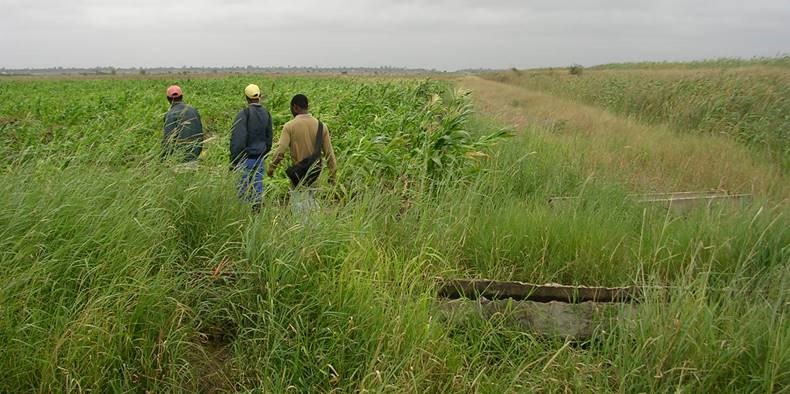On Friday the 30th of October, the Division hosted its first workshop of the term. The virtual session, hosted by Dr Alex Arnall, centered around the theme of methodologies and showcased the wide variety of qualitative and quantitative approaches used in Global Development Research.
The first presenter, Dr Stephania Lovo provided a comprehensive overview of the “difference in differences” (DD) approach. This statistical technique can be used to mimic an experimental research design typically found in the natural sciences to study the differential effect of a ‘treatment.’ Stephania discussed how she applied this methodology to secondary data in Ghana to analyse the effects of e-waste dumping on infant mortality. She went on to explain that this approach relies on a parallel trend assumption which can be partially validated by looking at past trends. Many researchers use DD because of its intuitive nature and high visual appeal which makes it easy to convey results. However, the presentation also highlighted that this method should always be supported by further tests to improve its robustness.
Next, Dr Thomas Grisaffi presented the ethnographic approaches he employed during his research in Peru and Bolivia in relation to Coca production. He began by outlining the origins of ethnography which is often described as “deep hanging out” and is believed to provide an emic perspective of a community’s experience. In contrast to DD, Thomas explained that this type of research is led by ‘hunches’ rather than ‘hypothesises’ and that ultimately data drives theory. One of the most common challenges of this method is gaining access to, and the trust of, the community of interest. Thomas described how teaming up with an unlikely partner, a local radio station, enabled him to start building an extensive network within the coca-growing community.
The following presentation was given by Dr Tho Pham, discussing how she is using ‘big data’ and machine learning to study gender bias in online job advertisements. Contrary to ethnography where it may take years to embed oneself in the community and collect observations, big data is characterised by its rapid accumulation or velocity. Tho went on to explain that big data also exists in a wide variety of formats such as text, audio files or satellite images. Consequently, one of the challenges of this method is extracting and transforming the desirable data. Tho explained how she uses machine learning algorithms such as Latent Dirichlet Allocation (LDA) to capture and sort the data from unstructured texts. Along with its greater statistical power, the accessibility of big data makes it a powerful tool to study global trends where traditional data collection methods are not feasible (e.g. the COVID19 pandemic).
The final talk was given by Dr Alex Arnall who shared his experience of the ‘walking interview’ technique which he implemented during his research on how smallholder farmers manage flooding in Mozambique. The method in question involves the interviewer accompanying the interviewee as they move across the landscape together. Although this interview style has been employed in a variety of disciplines it is typically used in research pertaining to mobility. The methodology enables the researcher to gain in situ experience of the landscape as well as engage in the subject’s decision-making process. Much like the ethnographic approaches discussed by Thomas, non-static interviews enable themes to emerge organically owing to natural prompts such as changes in pace or obstacles encountered.
In conclusion, these presentations provide a snapshot of the methodological heterogeneity that exists across the Global Development Research Division. The workshop generated some interesting discussions around the challenges of selecting appropriate methods and overcoming data collection difficulties in an interdisciplinary field. Participants agreed that integrating quantitative and qualitative methods often produces the most complete picture. Moreover, collaborating with researchers from other disciplines can offer a means of broadening one’s methodological base and strengthening research outputs.
Written by Sophie De Pauw

